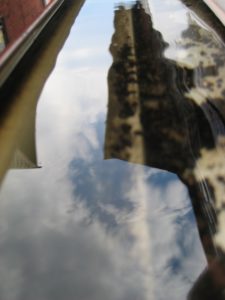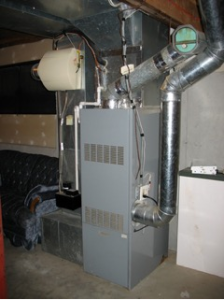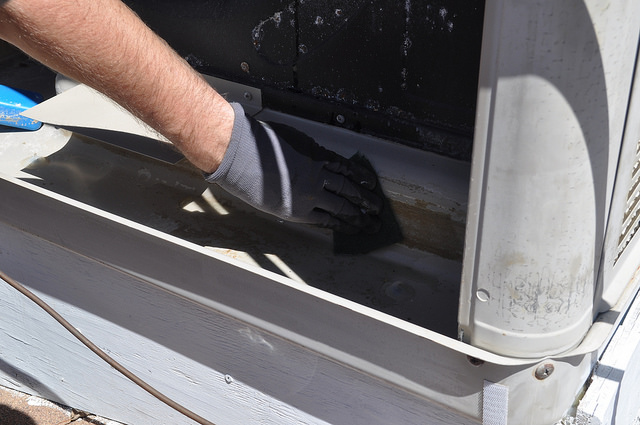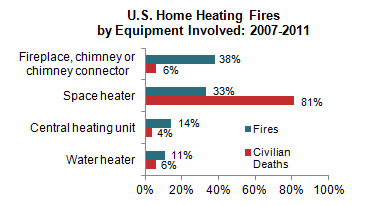 While spring is almost here, winter is not necessarily ready to let go. It is important to remember that the danger of severe winter storms hasn’t passed yet. Here are some helpful tips from your friends at John A. Kinkaid Heating and Air Conditioning on being prepared for what winter — and early spring — storms might throw your way.
While spring is almost here, winter is not necessarily ready to let go. It is important to remember that the danger of severe winter storms hasn’t passed yet. Here are some helpful tips from your friends at John A. Kinkaid Heating and Air Conditioning on being prepared for what winter — and early spring — storms might throw your way.
Make a plan
Talk to your family/household members about what to do in the event of a severe weather emergency. This is especially important for families with young children who many become frightened in a stressful emergency situation. Know if anyone in the household has any medical concerns that may become a problem during a severe weather emergency and ensure you have the necessary emergency supplies in the event of a worse case scenario.
Have backup power sources
If you or a loved one has a condition that requires medical equipment, be especially sure that you have sufficient alternative power sources, as emergency personnel may not be able to get to as quickly as usual. Also, have an alternative heat source on hand, such as a fireplace.
Get your vehicle winterized
You or a mechanic you trust should check over at least one family vehicle to ensure that you will not be stranded in an emergency. Check your battery, antifreeze, wipers, windshield washer fluid, ignition system, thermostat, lights, flashing hazard lights, exhaust system, heater, brakes, defroster, and oil. Also make sure the vehicle’s gas tank is full in the event of a storm warning.
Stock up on non-perishables
Ensure you have a stock of food items such as cans of soup and other easy-to-make food items that do not necessarily require strict temperature controls. If you have a pet, also ensure that you have a sufficient supply of pet food, litter, medications and whatever else your pet needs to weather the storm with you.
Keep your HVAC system serviced and in good repair
Always make sure that HVAC system is up and running smoothly so there are no nasty surprises in the middle of an extreme weather emergency. Contact John A. Kinkaid Heating and Air Conditioning today to get your system inspected and serviced for your family’s safety and peace of mind.
For more winter storm safety tips, check out a few of our other informational blogs including:
How to Stay Warm During Power Outages This Winter



